Change: collective memories
I alone cannot change the world. But I can cast a stone across the waters to create many ripples—Mother Teresa
Enhancing fast positive shifts
If you are like me, like many of us, it is easy to lose sight of fast positive change. It is much easier to be struck by startling, dramatic and dangerous events—there have been plenty already in 2021.
That is something of a problem. If we think that fast positive change is unlikely we reduce the probability of progressive outcomes. Fortunately, what is sitting in our collective memories, in our collective beings, may help emphasize and create the positive.
That is a somewhat heretical stance—collective understanding, collective memory spanning generations and quite possibly much longer. There is a wealth of relatively recent science congruent with this. Some examples are intergenerational pain, healing sources and beauty.
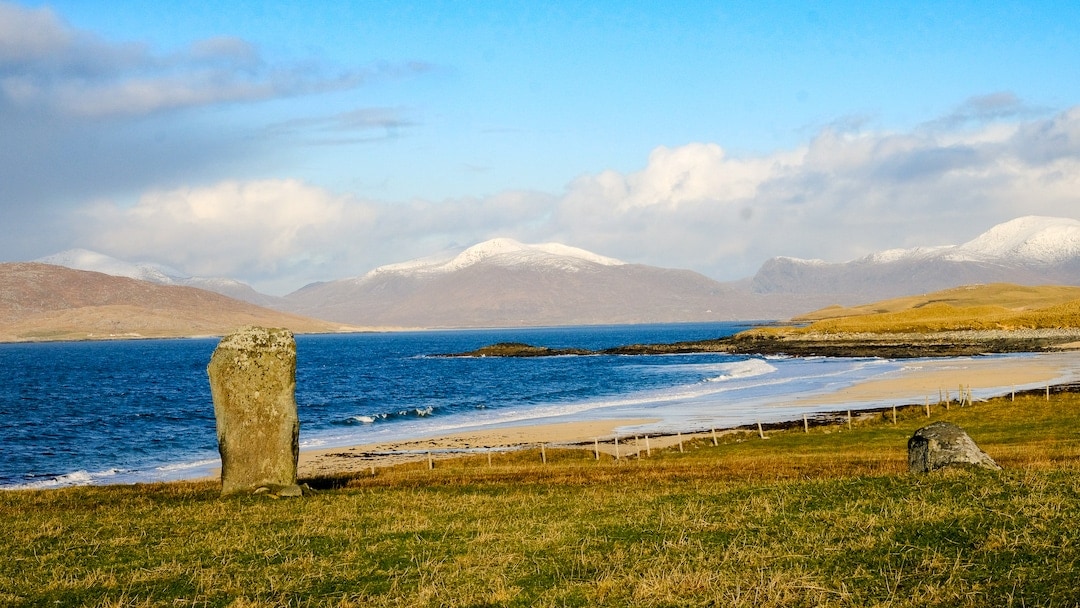
Change photo series: feature An Cliseam moonset and sunrise; above, Scarista stones.
This matters
Only a short time ago the idea that the environment and our lifestyles directly interact with what our children and grandchildren inherit, through changing how our genes work, was widely ridiculed. Genetic inheritance matters but changes only occurred across multiple generations over much longer periods of time. Today epigenetic changes are known to pass on experiences such as stress responses to children—inheritable shifts that don’t involve alterations in our DNA sequences.
This matters—for example, things we find traumatic quite possibly didn’t start with us. Our stress responses could be intimately connected with relatives’ experiences in earlier generations. This includes people we have never met or possibly never heard about.
Emotions can be biologically communicated … three generations share the same biological environment of the womb
Mark Woolynn*
The egg you grew from was present in your mother while she was in her mother’s womb. Imagine:
A month before your mother is born, your grandmother receives the devastating news that her husband has been killed in an accident. With a new baby to prepare for, and little space to grieve the loss, your grandmother would likely submerge her emotions into the body she now shares with her daughter and grandchild. You and your mother would know something about that grief from a place deep inside you, a place all three of you share.
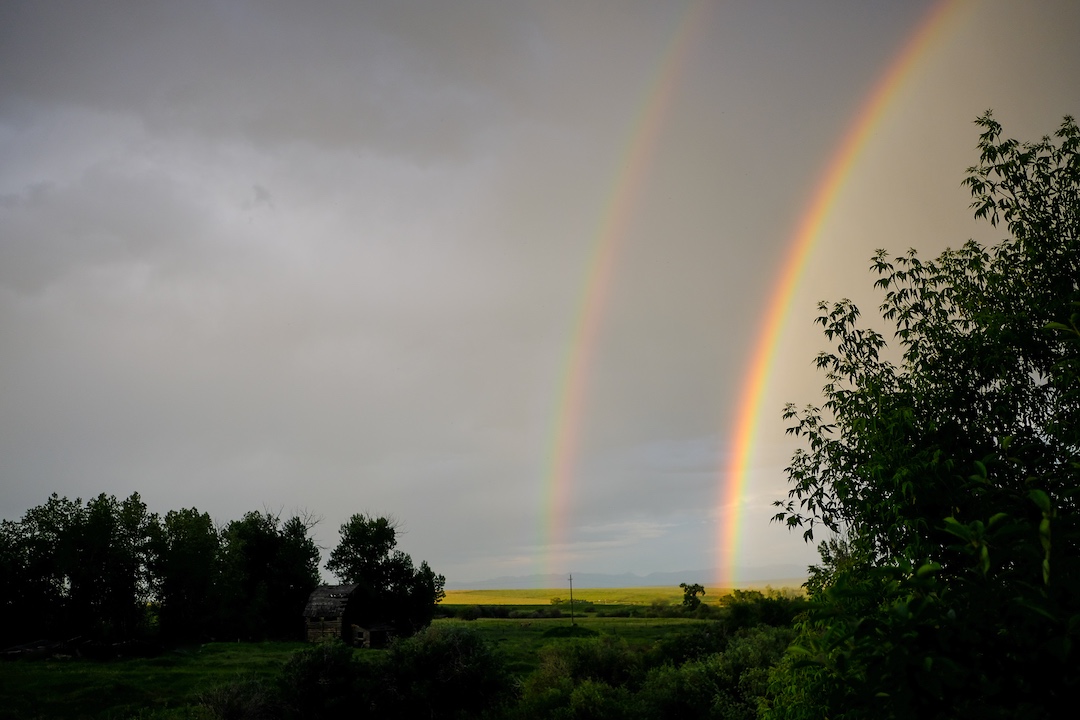
Logan rainbows
An upside
However, there is a flip side of trauma. If pain is inheritable, capacity, beauty and a connection to change will be too. We’ve seen some extraordinary examples through 2020. In our local, country and/or sometimes home isolation we collectively connected and created.
The GAIA journey is one example featured on benevolution. It drew in thousands of people, virtual communities forming around the world. Collective connectivity—Global Activation of Intention and Action, GAIA as Otto Scharmer puts it, is:
an impromptu global infrastructure for sensemaking, for leaning into our current moment of disruption and letting this moment move us toward civilizational renewal.
There’s never been a moment in time when we have been so place-based and yet so connected globally
Among many other beautiful pieces, GAIA Journey connects past and present potentials and lets us step into connected experiences, even when isolated.
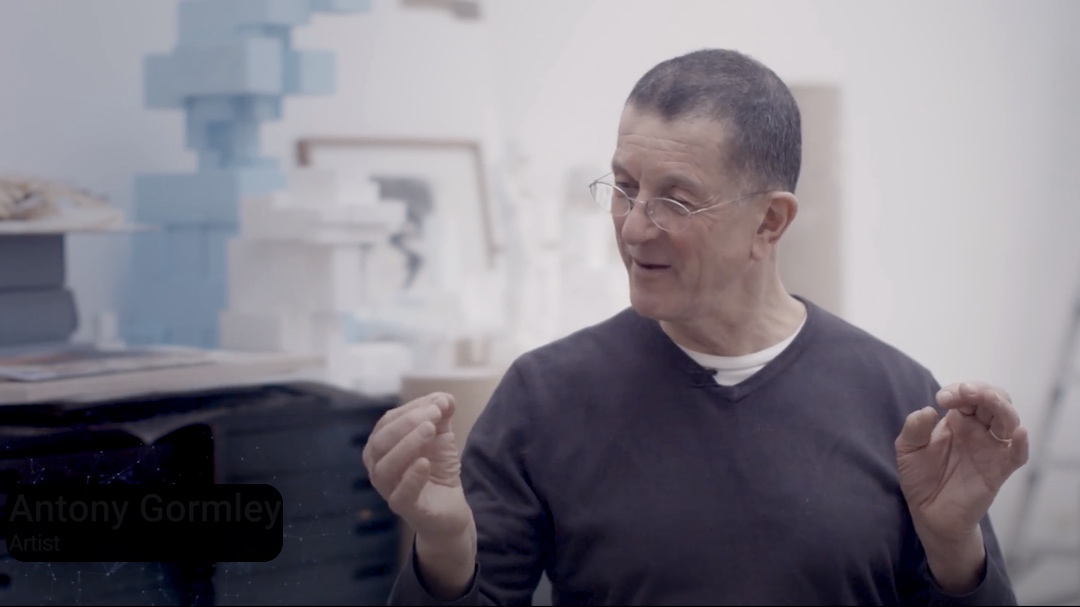
Antony Gormley in Infinite Potential
Progressive outlook
We see this in other, smaller events as well. For example, Pacific Integral’s transformative climate advocacy program sold out with over 90 participants. For me, I understand these events and the enthusiasm for them as a real imperative, a real stretch, a very present urge that is ever-more surfacing to look deeply at ourselves—individually and collectively.
One more, perhaps a little more speculative, Scotland’s politically progressive outlook. This seems to date back to at least the times of Robert the Bruce, Scotland’s famous independence king. This is 800 years ago and Robert was, for his time and privilege, remarkably enlightened. While a great deal of his success was undoubtedly strategic and military skill a significant, if not more important part, was creating alliances, seeking to collaborate over vindictive payback and delivering mutual benefits. Today Scotland continues to have a more progressive outlook than is average in its southern UK counterparts. It is prioritizing pieces such as children’s welfare and well-being beyond a singular focus on economic growth. Is the collective Scottish memory, something we can date back to the times of Robert and beyond to that, assisting this?

Above: Ardvourlie woodland regeneration/restoration; below, Sir Walter Scott
Deep memory
Perhaps we should be connecting with more of this, drawing on our collective deep memories. Some strong examples and potentials include:
- Standstill, our 12 day solstice here>
For our solstice, we used to stop. This year, in the pandemic, we were closer to such an experience than we’ve generally been for decades. - Samhain, a festival of change event that spans millennia here>
It’s the beginning of winter and the end of the harvest—Halloween now—and was a time for burning up all harmful influences to shift into the new season. - Antony Gormley here> Infinite potential explores our reality—we’re creating presents and pasts continuously. We are in an ongoing process of creation and co-creation rather than fixed and determined.
Plus, this is not new or radical. Sir Walter Scott draws such connections in Marmion: A Tale of Flodden Field. Extract below.
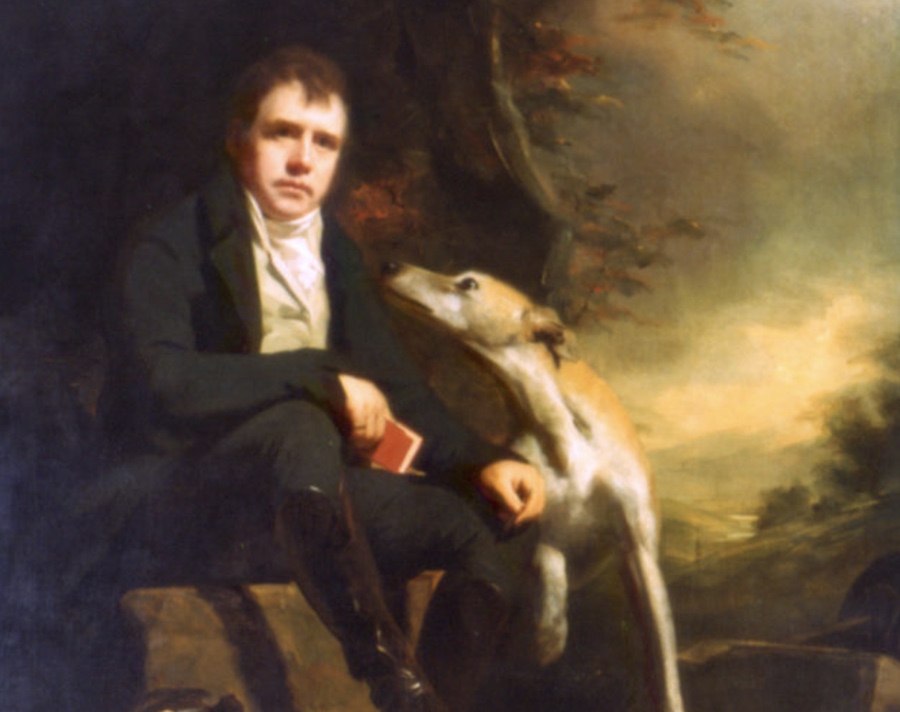
Marmion
[best read aloud to yourself, or friends, in your best Scottish accent]
Heap on more wood! the wind is chill;
But let it whistle as it will,
We’ll keep our Christmas merry still.
Each age has deem’d the new-born year
The fittest time for festal cheer:
Even, heathen yet, the savage Dane
At Iol more deep the mead did drain;
High on the beach his galleys drew,
And feasted all his pirate crew;
Then in his low and pine-built hall
Where shields and axes deck’d the wall
They gorged upon the half-dress’d steer;
Caroused in seas of sable beer;
While round, in brutal jest, were thrown
The half-gnaw’d rib, and marrow-bone:
Or listen’d all, in grim delight,
While Scalds yell’d out the joys of fight.
Then forth, in frenzy, would they hie,
While wildly loose their red locks fly,
And dancing round the blazing pile,
They make such barbarous mirth the while,
As best might to the mind recall
The boisterous joys of Odin’s hall.
Loved when the year its course had roll’d,
And brought blithe Christmas back again,
With all his hospitable train.
Domestic and religious rite
Gave honour to the holy night;
On Christmas Eve the bells were rung;
On Christmas Eve the mass was sung:
That only night in all the year,
Saw the stoled priest the chalice rear.
The damsel donn’d her kirtle sheen;
The hall was dress’d with holly green;
Forth to the wood did merry-men go,
To gather in the mistletoe.
Then open’d wide the Baron’s hall
To vassal, tenant, serf and all;
Power laid his rod of rule aside
And Ceremony doff’d his pride.
The heir, with roses in his shoes,
That night might village partner choose;
The Lord, underogating, share
The vulgar game of ‘post and pair’.
All hail’d, with uncontroll’d delight,
And general voice, the happy night,
That to the cottage, as the crown,
Brought tidings of salvation down.
Went roaring up the chimney wide;
The huge hall-table’s oaken face,
Scrubb’d till it shone, the day to grace,
Bore then upon its massive board
No mark to part the squire and lord.
Then was brought in the lusty brawn,
By old blue-coated serving-man;
Then the grim boar’s head frown’d on high,
Crested with bays and rosemary.
Well can the green-garb’d ranger tell,
How, when, and where, the monster fell;
What dogs before his death to tore,
And all the baiting of the boar.
The wassel round, in good brown bowls,
Garnish’d with ribbons, blithely trowls.
There the huge sirloin reek’d; hard by
Plum-porridge stood, and Christmas pie;
Nor fail’d old Scotland to produce,
At such high tide, her savoury goose.
Then came the merry makers in,
And carols roar’d with blithesome din;
If unmelodious was the song,
It was a hearty note, and strong.
Who lists may in their mumming see
Traces of ancient mystery;
White shirts supplied the masquerade,
And smutted cheeks the visors made;
But, O! what maskers, richly dight,
Can boast of bosoms half so light!
England was merry England, when
Old Christmas brought his sports again.
‘Twas Christmas broach’d the mightiest ale;
‘Twas Christmas told the merriest tale;
A Christmas gambol oft could cheer
The poor man’s heart through half the year.
Resources
Links and posts
GAIA here> and see https://www.presencing.org/gaia
Mark Woolynn Sounds True interview: Becoming Aware Of Inherited Family Trauma here>
Pacific Integral Transformative Climate Advocacy here>
For more images, videos and articles on change see:
- Lights, camera, simplicity: short videos cutting through complexity here>
- Attractors: Strangely we keep getting pulled in here>
- Infinite potential: Antony Gormley and places of transformation here>
- Surfing simultaneous states: Beauty, fear, joy and despair here>
A visual index of articles about shifts is here>
Photos Festina Lentívaldi, (be) Benevolution. Reuse: Creative Commons BY-NC 3.0 US except for Antony Gormely and Walter Scott.
Becoming aware of inherited family trauma
3 Comments
Subscribe
Get the newsletter (story summary).
Recent posts
Coming home
We belong to and are of the Earth but we bypass our sense of belonging. I missed this leaving home and my story mirrors our larger, human-wide journey. What do I need to come home?
Soulprint: Peak nature
Extraordinary: a paradigm shift by 147 governments and the UN endorsing “humans and nature are spiritually connected.” Invitation: to build on this for yourself and all of us.
We are in a portal
I’ve a deep knowing: we humans have shifted. That’s disorienting so here’s 3 handrails to help: this is sourced in bliss; lubricated by peak oil; agreed by UN & 147 nations; and, all with dragonflies!
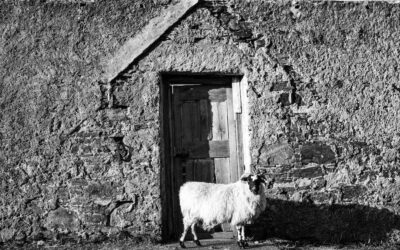

This a great feature piece, thanks.
My first encounter with your newsletter – and I’m impressed by the presentation and especially the content. I found myself wondering about two arenas that have been on my radar in the past, but never intensively pursued. One is the notion of collective ‘extelligence’ (rather than simply collective intelligence) ; the other is immanence (as a pole with transcendence). I sense you are touching on aspects of these territories in this post. Will continue to monitor with interest. PS Many thanks too for the Anthony Gormley clip – very relevant to my placemaking/co-poiesis interests.
Many thanks Ian. Extelligence, lovely! Yes I think a lot of this content touches on that and immanence. You’re spot on … Anthony, if you have not seen the whole film it’s on YouTube. Well worth it but now pay to view.